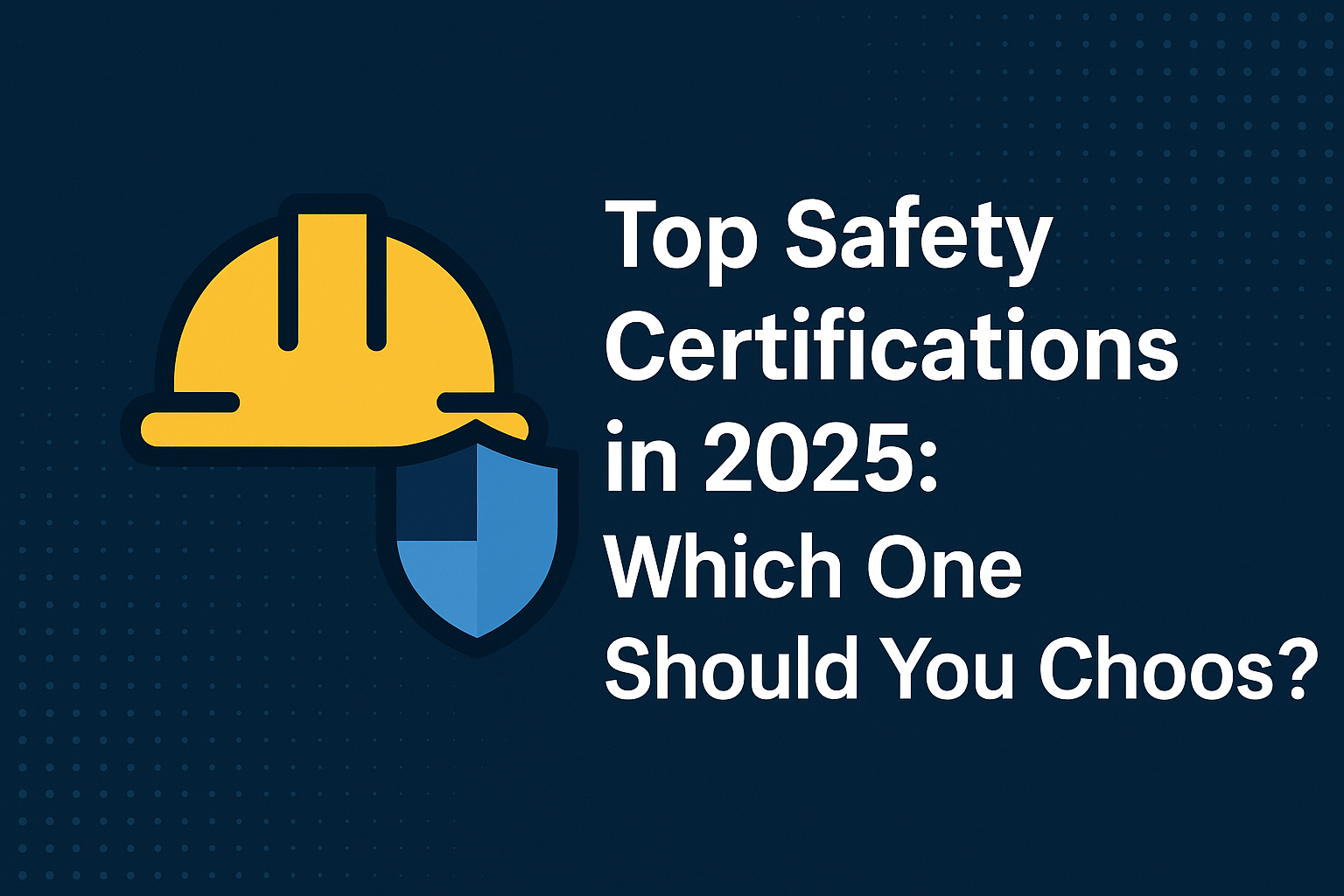
Skills and Strength of a Safety Officer
Skills and Strength of a Safety Officer : In a world where safety is paramount, the role of a Safety Officer has never been more critical. These professionals play a vital part in ensuring the well-being of employees, protecting the environment, and upholding the reputation of organizations. To excel in this role, a Safety Officer must possess a diverse set of skills and strengths. In this article, we will explore the key attributes that make a Safety Officer effective and the skills they need to thrive in this challenging profession.
Introduction
Safety Officers are the unsung heroes of the workplace, ensuring that everyone goes home in one piece. They are responsible for identifying and mitigating risks, promoting a culture of safety, and responding to emergencies. Let’s dive into the essential skills and strengths that make them so effective in their roles.
The Role of a Safety Officer
Safety Officers are responsible for creating and implementing safety programs, conducting safety inspections, and ensuring compliance with regulations. They serve as the go-to experts on safety matters, offering guidance and support to all levels of an organization.
Communication Skills
One of the most critical skills for a Safety Officer is effective communication. They must convey safety protocols clearly, both in writing and verbally, ensuring that everyone understands and follows the guidelines.
Attention to Detail
In the world of safety, the devil is in the details. Safety Officers must have a keen eye for spotting potential hazards and deficiencies. Their meticulousness can prevent accidents and save lives.
Risk Assessment and Management
Safety Officers excel at assessing risks. They can identify potential dangers in the workplace and develop strategies to mitigate them. Their ability to manage risks helps organizations operate safely and efficiently.
Knowledge of Safety Regulations
Staying up-to-date with safety regulations is paramount. Safety Officers are well-versed in local, state, and federal safety laws, ensuring that their organizations remain compliant.
Emergency Response Planning
When crisis strikes, Safety Officers are the calm in the storm. They develop emergency response plans, conduct drills, and lead teams during crises, ensuring everyone’s safety.
Training and Education
Safety Officers often provide training to employees, ensuring they know how to stay safe on the job. They use their knowledge to educate others and prevent accidents.
Physical Stamina
Safety Officers must be physically fit, as their role sometimes requires them to be on their feet for extended periods or respond to emergencies that demand physical exertion.
Leadership Abilities
They are natural leaders, able to inspire others to prioritize safety. Their leadership is instrumental in creating a safety-conscious culture within an organization.
Problem-Solving Skills
Safety Officers are adept at solving complex safety issues. They analyze problems, identify solutions, and implement changes to prevent accidents and injuries.
Adaptability
In a rapidly changing world, adaptability is crucial. Safety Officers can adjust their strategies and protocols to meet new challenges and emerging risks.
Decision-Making Skills
Quick, informed decisions are essential in emergencies. Safety Officers make critical choices under pressure, ensuring the best outcomes in crisis situations.
Interpersonal Skills
Building relationships and fostering a sense of trust is part of a Safety Officer’s job. They collaborate with employees at all levels to promote a safer work environment.
Conclusion
In conclusion, Safety Officers are the backbone of workplace safety. Their unique blend of skills and strengths, including communication, attention to detail, risk management, and leadership abilities, ensures that organizations prioritize safety. These professionals play a crucial role in protecting lives and the reputation of businesses.
Qualities of a Good Safety Officer
How to Be a Good Safety Officer
How to Become a Safety Officer in the United States
Certified Safety Officer Requirements and Benefits
FAQs
- What is the primary role of a Safety Officer?
- A Safety Officer’s primary role is to ensure workplace safety, identify hazards, and mitigate risks.
- How can one become a Safety Officer?
- To become a Safety Officer, one typically needs a degree in occupational health and safety or a related field, along with relevant certifications.
- What industries hire Safety Officers?
- Safety Officers are in demand across various industries, including manufacturing, construction, healthcare, and oil and gas.
- What is the importance of emergency response planning for Safety Officers?
- Emergency response planning is crucial for Safety Officers to ensure a coordinated and effective response to crises, safeguarding lives and property.
- How can organizations foster a culture of safety?
- Organizations can foster a culture of safety by promoting safety awareness, providing training, and encouraging employees to actively participate in safety initiatives.
























